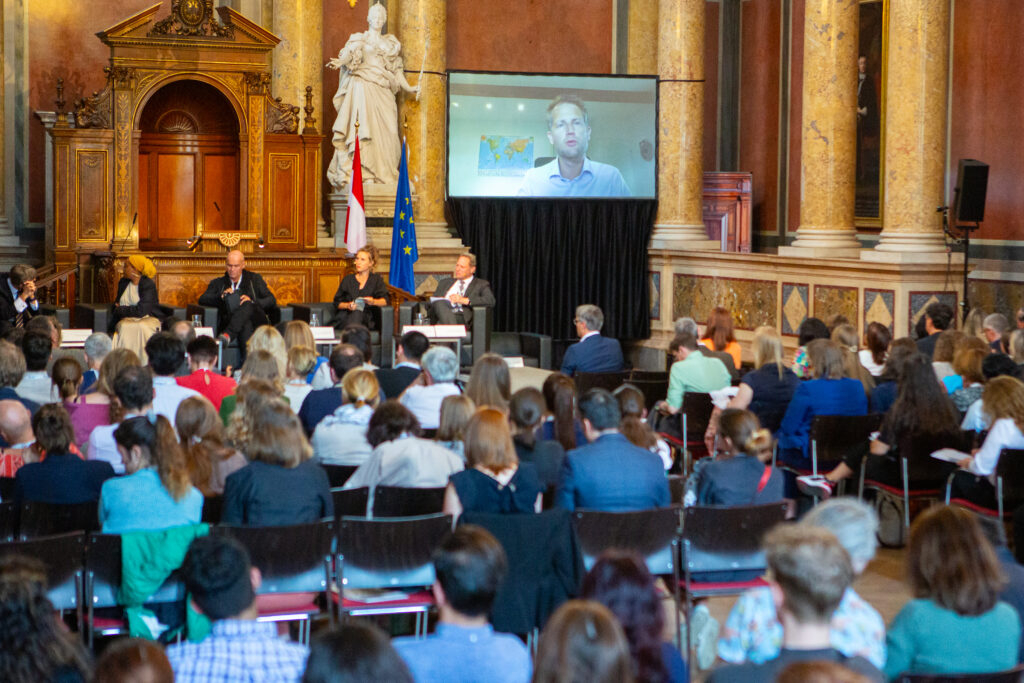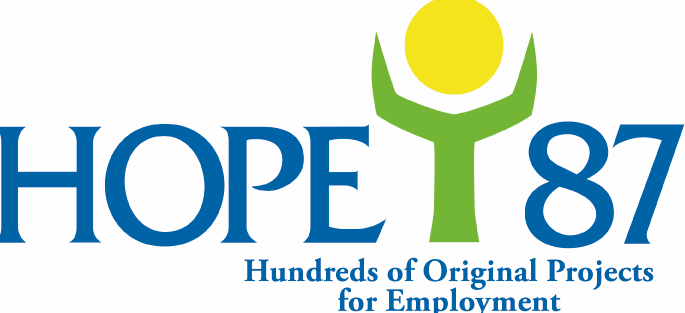At HuCo 2023, the panel “Forgotten Crises – Forgotten Suffering” addressed the question of how to overcome disproportionalities in the access to humanitarian aid? How to ensure adherence to the principle of impartiality? What changes are needed from politicians and humanitarian stakeholders to minimize inequities in the provision of humanitarian aid?
The lively discussion concluded that “it is very much a political issue to mobilize the right attention and funding to adequately respond” and “a matter of political will that defines what becomes a forgotten crises or a neglected crisis”. The fundamental right of dignity should not be reduced for any human in the midst of a conflict and should certainly not be depending on the reshuffling of budgets.
In March, The European Humanitarian Forum 2024 in Brussels focused on the topic of forgotten crises as well. In the final paper “Breaking the Cycle: The Need for Better Integrated Response in Neglected Crises”* it is stressed that “in 2023, only 35% of the $56 bn humanitarian global appeal was covered (OCHA 2023) and anticipated budget cuts from major humanitarian donors will likely worsen the situation” ( Sweden, for instance, lowered its targets for development aid in March 2023**) The crises neglected in the media and lacking political support will consequently struggle even more to attract financial support for humanitarian assistance or for climate and peace initiatives in the future.
There are worthy endeavors to create commonly accepted indices of forgotten crises (e.g. ECHO, NRC, Care). Through this, it is hoped that funding for humanitarian assistance will flow more readily to these. Presumably, the extent of suffering is the parameter that determines whether, and in which position, a country or region is included. But how to measure this with any degree of accuracy when suffering can be of different nature and has a multitude of causes: displacement, food insecurity, armed conflict, natural disaster, health challenges? And although a ‘scientific’ approach is necessary any forgotten crises list risks making us forget that we are dealing with individuals, each with their own pain and aspiration for a better life. As Kierkegaard said: Once you label me you negate me!
The people in Ukraine and Gaza are suffering immensely. Unfortunately, they are not alone. According to the UN a record number of 362 million people around the world was in need of humanitarian assistance in 2023.*** Do you remember the tragedies of Burkina Faso, DRC, Colombia, Sudan, Venezuela, Angola, Zambia, Burundi, Senegal, Mauritania, Myanmar, Haiti, the West Africa Sahel region, or the Horn of Africa?
Humanitarian aid is a major and growing challenge of our time. This in itself tends to be forgotten. Sometimes we are facing the challenge close to home, sometimes thousands of miles away. Yet, suffering is suffering whether close or remote.
A world of peace and economic and political stability needs investing in people-focused policies and must address suffering wherever it is found. Humanitarian aid is not a “good deed for a Sunday morning” (HuCo 2023).
We reiterate the demand that all those in need are assisted and protected regardless of media attention and geopolitical salience. https://humanitariancongress.at/conclusions-and-recommendations-2023/
*** https://unis.unvienna.org/unis/en/topics/related/2023/humanitarian-need.html

Monika Stumpf-Hulsrøj is the Project Manger for the Humanitarian Congress Vienna.


















